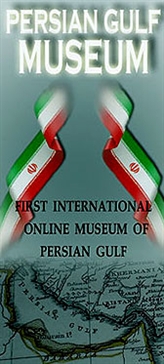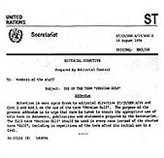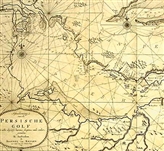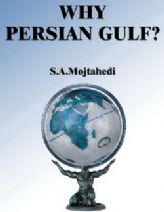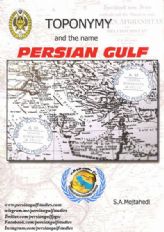Malvinas the Name Proved by History
Date: 1/12/2020 3:01:47 PM
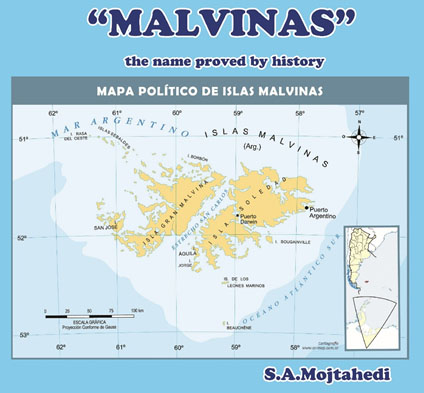
Malvinas the Name Proved by History
“My regards and high respect to the praiseworthy nations of Britain and Argentina and to the noble and hard-working people living in these islands”
The issue of the South Atlantic Islands which the British call the "Falklands" and which the Argentineans on the other side call "Malvinas" stands as one of the world s most crucial and complicated topics for which the two countries went to war in 1982. The case is not only a name dispute but sovereignty as well. Once the name of the islands is proven you then have the upper hand in the matter of sovereignty. I am an expert on geographical names but not sovereignty so my interest is to find out historically and geographically which one of the two names is correct and leave the sovereignty talks to the experts of that field. As a third and unbiased party in this case, I will now share with you what I have very carefully studied regarding this name. Let me clarify that I am well aware of the fact that the name "Falkland" has a 200 years history in records and documents and is not incorrect. The point I want to bring to attention is that in this case we should see which name precedes the other one as historically and geographically the priority is to use the first one. According to the UN program of "standardization of geographical names" we should only use one name for a country, city, mountain, island, waterway, etc… to avoid confusion. The word standardization as applied to geographical names is defined by the United Nations Group of Experts on Geographical names(UNGEGN) as: the establishment, by an appropriate authority of a specific set of standards or norms. In today’s digital world, standardized geographical names are vital. They help us find our way in society and they also help us organize the world we live in. They also play a key role in our efforts to achieve sustainable development, providing fundamental channels of communication, facilitating cooperation among local, national and international organizations. We also need standardized geographical names in emergency situations. Without them, it can be challenging to respond to crises. In fact modern society depends on the use of standard geographical names for accurate and efficient administration and communication. Common sense tells us that to communicate effectively there should be mutual understanding as to what is being referred to. As far as names are concerned, the ideal is that each feature should have its own unique name and that name should be written or geographically represented in only one way.
Generally in studying geographical names and particularly in this case what comes first is to refer to historical records and documents including maps, books, communications etc…
The first recorded settlement on the islands was by French admiral and explorer "Louis Antoine de Bougainville" in a scientific expedition in the year 1763 and these islands were at that time almost unknown. The name "Malouines islands" was given to the islands by him in 1764. After France sold the islands to Spain in 1767 the Spanish did not change the name but pronounced it as the "Malvinas islands". The United Kingdom has exercised de facto (means in fact and not necessarily by legal right) sovereignty over the archipelago almost continuously since 1833 and from 1833 onwards changed the original name, which is normally settled by history and discovery and was already in use for almost 70 years. They surprisingly start to call it the "Falkland islands"! We should not allow politics to supersede the science of history and geography. Careful study of records and documents show that the name “Malouines” (Malvinas) precedes the British name of "Falkland". So historically "Malvinas" is the priority name of these islands in the South Atlantic Ocean and the standard geographical name of these islands according to the records and documents is "Malvinas”. The Argentinean people say Las Malvinas Son Argentinas which translates as Malvinas Islands are Argentinean. Yes, historically and geographically they are correct.
S.A.Mojtahedi
